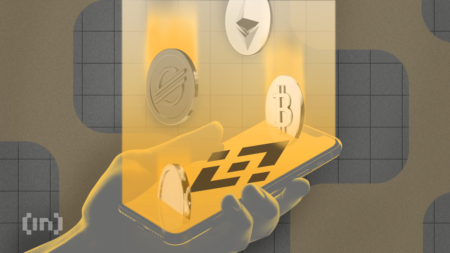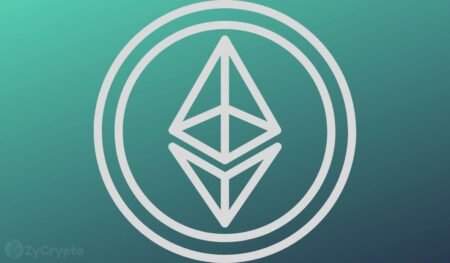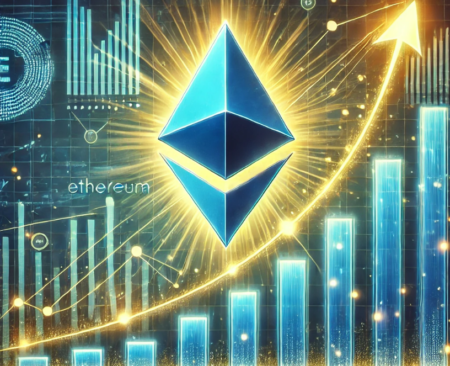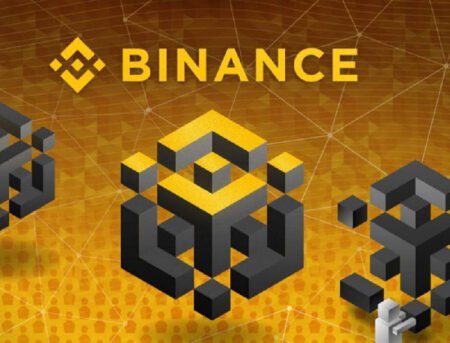Blockchain gaming is evolving rapidly, with more players accessing games seamlessly, but there are shifts in the sector as traditional gaming developers enter the space. The Blockchain Game Alliance (BGA) released a report revealing that major studios like Sony and Square Enix are using layer-2 solutions to enter the blockchain gaming space. Despite these advancements, public perception remains a key obstacle, with 66% of projects still trying to establish credibility and fight against the misconception that blockchain games are linked to scams. However, the ease of onboarding gamers into blockchain games has improved, with friction rates dropping significantly from last year.
The principle of player empowerment is at the heart of the growth of blockchain gaming, with over 71% of respondents considering ownership the biggest benefit that blockchain gaming delivers. Efforts have been made to prioritize user experience and user interface, creating a seamless experience similar to traditional Web2 games. The BGA predicts that in 2025, there will be a new emphasis on player experience over financial mechanisms, with blockchain gaming platforms moving away from overt crypto elements towards integrating Web3 functionality in the background.
The transition from traditional centralized gaming servers to blockchain-based infrastructure marks a new meta for blockchain gaming in 2025. By embracing the ownership narrative, games are enabling true digital ownership through on-chain asset tracking and trading. Play-to-earn models have evolved to focus on utilizing on-chain characteristics for games, with a shift towards merit-based and activity-driven incentives rather than hyper-inflationary rewards. The emergence of fully on-chain games (FOCGs) and autonomous worlds (AW) represents a new frontier in blockchain gaming, where games operate entirely on-chain, including game rules, player items, and in-game economics.
Autonomous worlds allow games to improve based on community input by placing elements of game state and logic on-chain. This advancement could lead to fully on-chain games running in the future, with AI being integrated with blockchain infrastructure to enable intelligent and adaptive gameplay. With on-chain transparency, autonomous worlds provide a foundation for AI Agents to thrive, responding to real-time player behavior. The evolution of blockchain gaming towards player experience and ownership signifies a new era in the industry, with exciting developments on the horizon as traditional gaming developers enter the space and blockchain technology continues to mature.



















